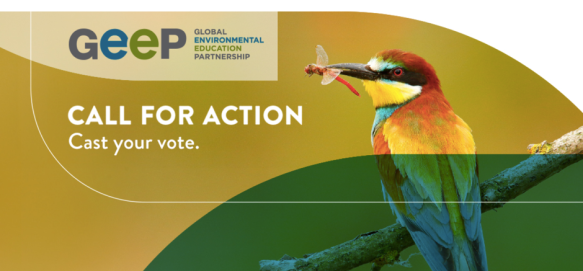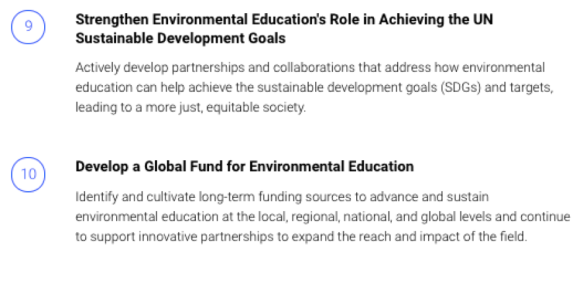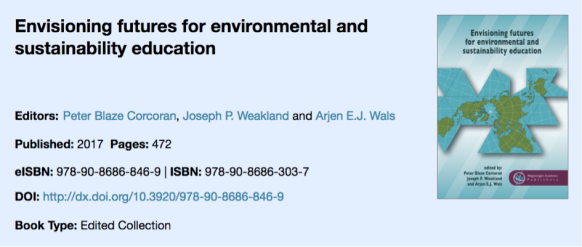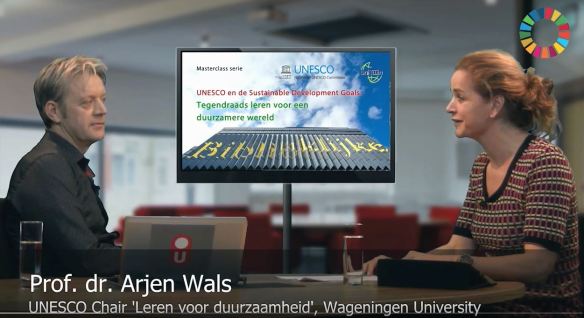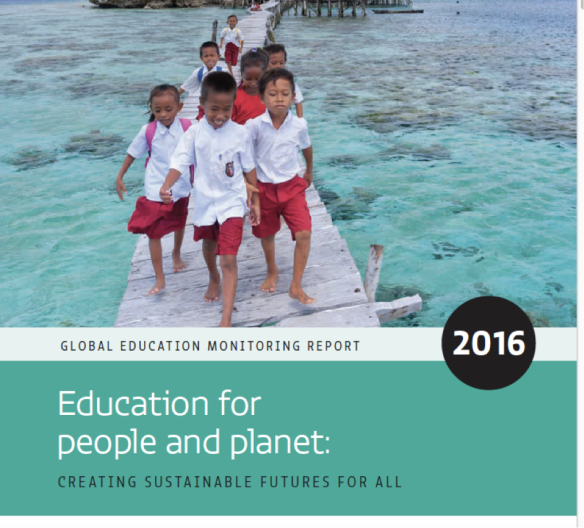
This special issue edited by Shinichi Furihata and Sachi Ninomiya-Lim from Tokyo University of Agriculture and Technology and Tokai University respectively, is the result of a 2-year collaborative project involving environmental education (EE) societies/ associations from Japan, Korea, Taiwan, North America, and Australia. In the editorial introduction the following is stated:
“The aim of the project was to create a platform to share ideas, practices, and theories of EE in the Asian region, with English as the common language. The discussion was organized around five core themes: 1) Development, current situation, and challenges of EE in formal education; 2) Development, current situation, and challenges of EE in non-formal education; 3) Research trends in EE; 4) Insights for EE in Asia from outside of Asia; 5) Review, comparison, and synthesis of findings to go beyond a presentation of EE in various countries and instead highlight the recurring transversal issues. We hope this special issue will contribute to furthering dialogue among EE scholars and practitioners in Asia, and to building bridges between EE in Asia and other regions.
The Japanese Journal of Environmental Education (JJEE), published by the JSOEE/JSFEE since 1991, has provided EE researchers and practitioners with an important space to share their ideas, thoughts, methods, and evaluative analyses, and to participate in theoretical discussions, etc., similar to many EE journals published in other countries and regions. However, since most of JJEE articles are written in Japanese (with summaries in English), its readership is essentially limited to Japanese language users, most of whom reside in Japan. Thus, although the JJEE has become a critical platform for communication among Japanese EE researchers and practitioners, there is a need to expand these discussions to a wider, global network, so that Japanese EE professionals may participate in international and transnational debates on issues of wider relevance in EE. Similarly, EE research in different journals published in Asian countries, including Korea and Taiwan, is mostly written in the local language and is therefore largely inaccessible to people who do not read these languages. The aim of this special issue, therefore, was to create a space where such discussions may be shared and connected. In addition, we decided to invite several prominent international researchers to provide their insights, ideas, and suggestions on developing EE in Asia, increasing Asian participation in the global EE arena, and promoting collaboration on EE with different countries and regions around the world.”
I was asked to write a reflective response paper together with Peter Blaze Corcoran and Joseph Weakland in which we look ahead to the future of EE in the region and beyond. Our paper titles “Preparing for the Ecocene: Envisioning futures for environmental and sustainability education” is based on the introduction to the recent book we edited for Wageningen Academic Publishers (see elsewhere in this blog). All papers are available as open-access and can be found here: Link to the entire Special Issue You can find our closing paper in which we introduce the notion of the imaginary Ecocene here: Preparing for the Ecocene: Envisioning futures for environmental and sustainability education



